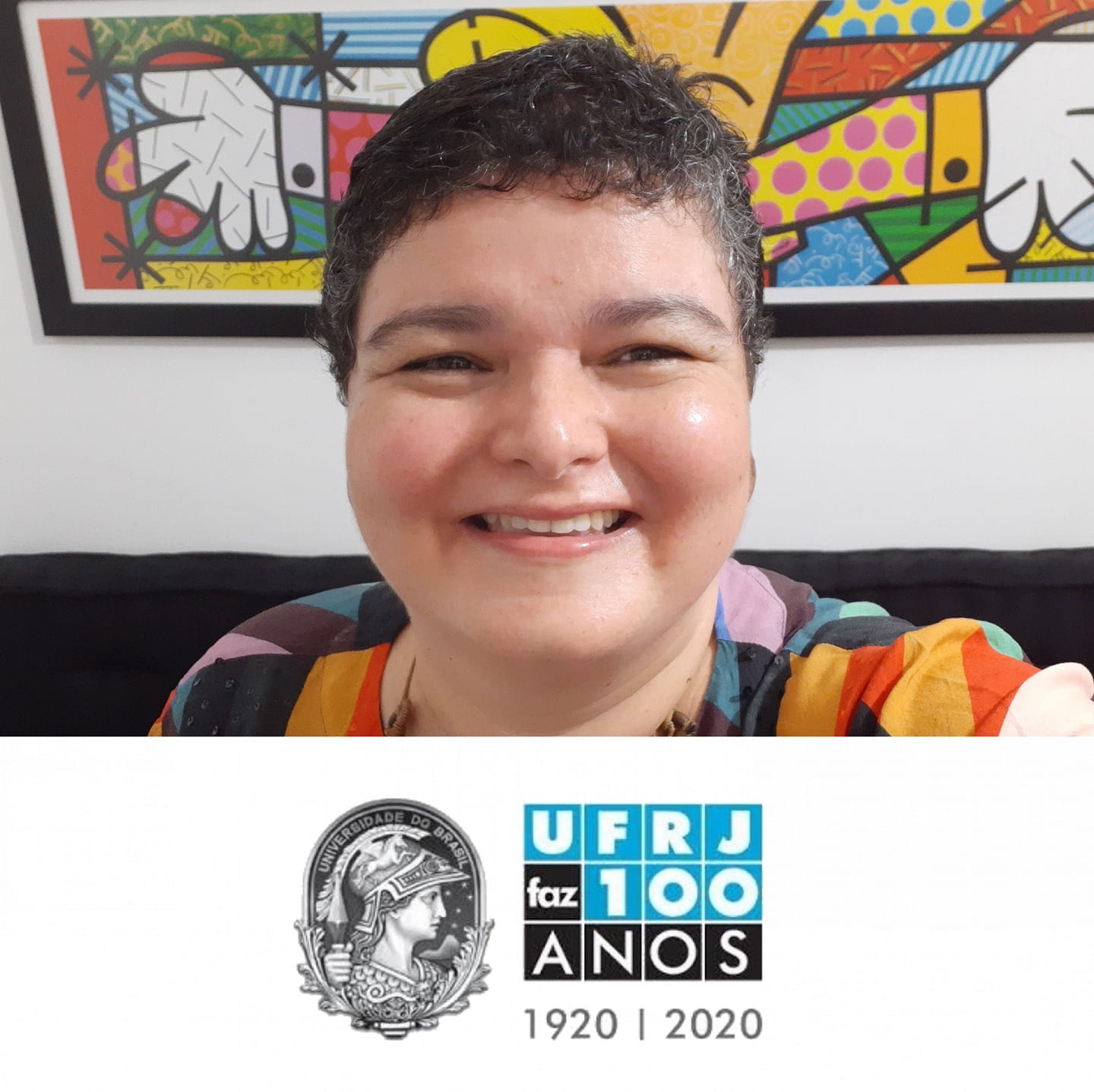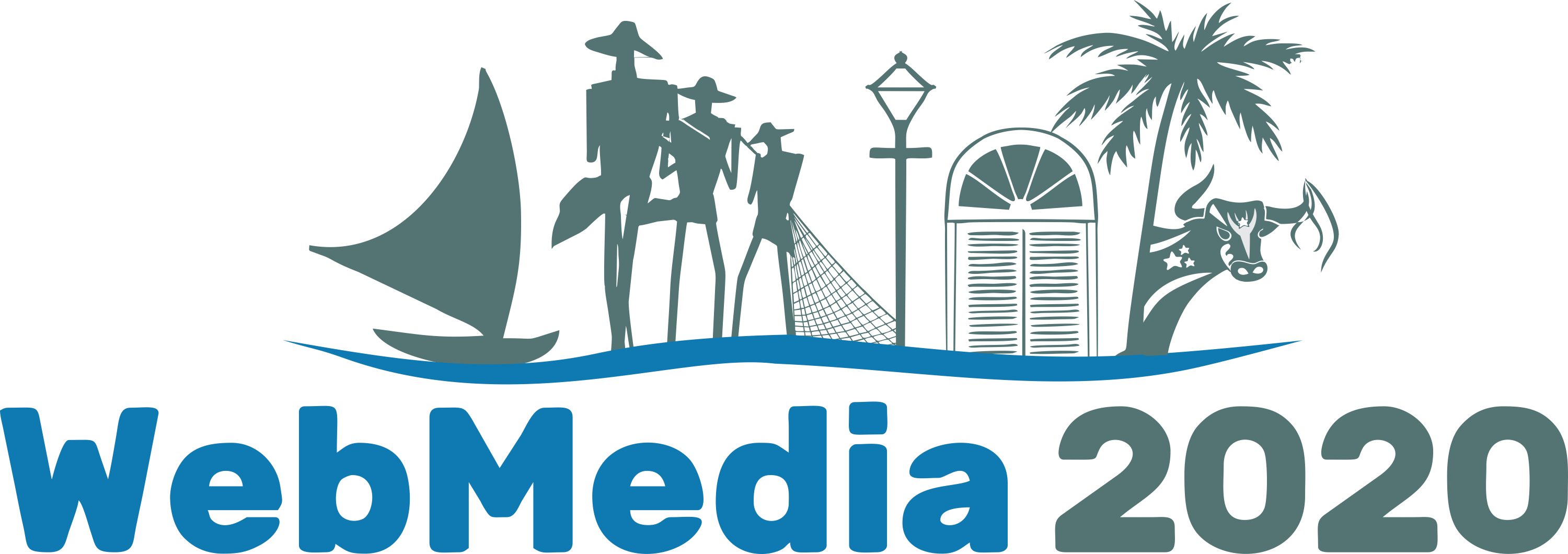HTTP Adaptive Streaming – Where Is It Heading?
 Christian Timmerer
Christian Timmerer
Information Technology (ITEC), Klagenfurt University & Bitmovin, Austria
Existing challenges in multimedia systems research deal with the trade-off between (i) the ever-increasing content complexity, (ii) various requirements with respect to time (most importantly, latency), and (iii) quality of experience (QoE). Optimizing towards one aspect usually negatively impacts at least one of the other two aspects if not both.
This situation sets the stage for our research work in the ATHENA Christian Doppler (CD) Laboratory (Adaptive Streaming over HTTP and Emerging Networked Multimedia Services; https://athena.itec.
In this talk, we will present selected novel approaches and research results of the first year of the ATHENA CD Lab’s operation. We will highlight HAS-related research on: (i) multimedia content provisioning (machine learning for video encoding); (ii) multimedia content delivery (support of edge processing and virtualized network functions for video networking); (iii) multimedia content consumption and end-to-end aspects (player-triggered segment retransmissions to improve video playout quality); and (iv) novel QoE investigations (adaptive point cloud streaming). We will also put the work into the context of the international multimedia systems research.
Vamos discutir o papel e impacto da Computação Social em nossas vidas?
 Jonice Oliveira
Jonice Oliveira
UFRJ – DCC / PPGI
Resumo: A Computação Social refere-se a sistemas digitais que dão suporte à interação social, ou seja, criam as estruturas virtuais para que a interação humana aconteça. O acesso às redes sociais online vem se intensificando a cada dia, ampliando o número de usuários e a forma de acesso aos conteúdos. As plataformas colaborativas estão crescendo e expandindo suas áreas de atuação, fomentando desde cuidados básicos de saúde até o empreendedorismo. Como é o comportamento desses novos usuários? O que eles buscam? Como eles interagem? A Computação está cada vez mais presente nas relações sociais, bem como as relações sociais mudaram a maneira como a Computação é feita. Podemos conversar com outros usuários que estão fisicamente distantes ou podemos conhecer atividades e pessoas que não sabíamos da existência. Pode-se identificar eventos apenas pelas monitoração das mídias sociais? Podemos usar as redes sociais online como elemento promotor de maior participação social em decisões de uma comunidade ou cidade? Mas o que está por trás do acesso às redes sociais? Como são tratadas as questões de transparência, criação de bolhas, enviesamento e o viciamento de usuários? O comportamento humano pode ser modelado, simulado e previsto? Que precauções e cuidados os usuários precisam ter? Tentando responder estas perguntas, falaremos de alguns trabalhos desenvolvidos pelo Laboratório de Computação Social e Análise de Redes Sociais (Lab CORES) nesta temática.
Short bio: Jonice Oliveira graduou-se em Ciência da Computação (UFRJ). Obteve o mestrado (2003) e o doutorado (2007) na área de Engenharia de Sistemas e Computação, ênfase em Banco de Dados, pela COPPE/UFRJ. Durante o seu doutorado recebeu o prêmio IBM Ph.D. Fellowship Award. Na mesma instituição realizou o Pós-Doutorado, concluindo-o em 2008. É professora (Associado II) do Departamento de Ciência da Computação da UFRJ e atua no Programa de Pós-Graduação em Informática (PPGI-UFRJ). Coordenou o Bacharelado de Análise de Suporte à Decisão (2012-2017) e o Programa de Pós-Graduação em Informática (2017-2019). Criou e coordena o Laboratório CORES (Laboratório de Computação Social e Análise de Redes Sociais), que conduz pesquisas multidisciplinares para o entendimento, simulação e fomento às interações sociais. Suas principais áreas de pesquisa são Ciência de Dados e Computação Social, com foco em Big Social Data (tratamento, gestão e extração de conhecimento). Possui uma larga experiência em tais áreas, com mais de 200 artigos, dezenas de orientações, cursos (graduação, mestrado e doutorado), minicursos, participação em eventos e envolvimento (como membro e como líder) em projetos de pesquisas nacionais e internacionais. Maiores informações em https://www.joniceoliveira.
Wearable Technologies: a Roadmap to the Future
 Vivian Motti
Vivian Motti
George Mason University
Abstract: Wearable technologies have shown a large potential to amplify human abilities. Thanks to their close contact to the human body, their miniaturized dimensions and continuous data collection, wearable technologies are versatile, meeting system requirements across domains. Wearable technologies have grown in quantity and quality over the past decades, gaining widespread adoption. Still, ensuring that wearables properly meet users’ needs remains an open challenge. Through illustrative examples of diverse applications, in this talk I provide an overview of wearable computing. I discuss the challenges and opportunities in the design of user interfaces for wearable interaction, and conclude with a roadmap for next-generation wearables.
Biography: Dr. Motti holds a BSc in Biomedical Informatics (2006) and a MS Degree (2009) in Computer Science from University of São Paulo (USP). She received her Ph.D. (2013) in Computer Science from Catholic University of Louvain (UCLouvain). From 2014 to 2015 she was a Postdoctoral Research Fellow at the Human-Centered Computing Division at Clemson University, investigating human factors and privacy for wearable health. In 2016, she joined George Mason University, where she leads the Human-Centric Design Lab. Her research interests lie at the intersection of Human-Computer Interaction, Assistive Technologies, and Wearable Computing. She has a background in user-centered design, context-aware adaptation of user interfaces, and mHealth. She received financial support from CNPq, EU FP7, NSF, NIDILRR, 4-VA and TeachAccess. In 2020, Springer published her book, entitled `Wearable Interaction’.



